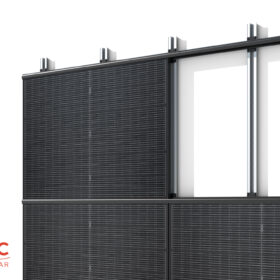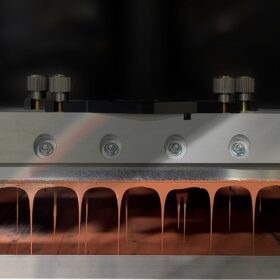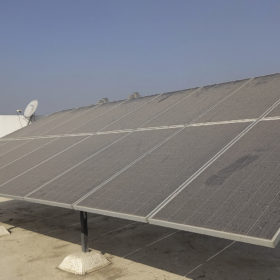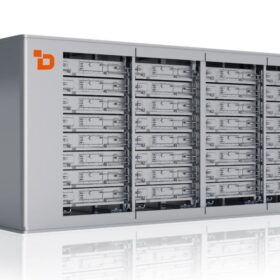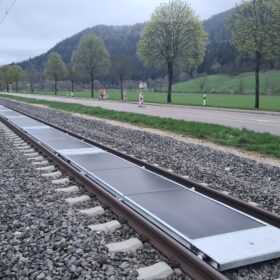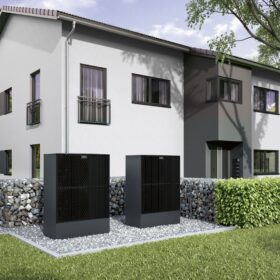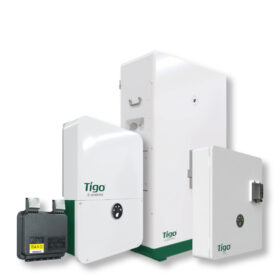Low residential solar feed-in tariffs can encourage battery deployment
Analysis of feed-in tariff scenarios in Central and Eastern Europe finds that while high feed-in tariffs are linked to the adoption of residential solar, lower tariffs are more likely to encourage battery installations. The study proposes a moderately low range of tariffs as one compromise to support both technologies.
Vikram Solar launches 630 W n-type bifacial modules
The Indian solar manufacturer has launched its Hypersol series panel series with power output from 605 W to 630 W and efficiency between 22.38% and 23.30%.
IBC Solar launches mounting systems for rooftop, facade PV systems
Germany’s IBC Solar has developed two new mounting systems for rooftop and facade PV installations: the WallFix system, made of aluminum and stainless steel, and the AeroFix G3.1, designed for modules up to 3 square meters.
U.S. startup offers new solar cell copper metallization paste
Bert Thin Films has developed a copper paste for solar cell manufacturing that keeps the copper from oxidizing during the air-firing process while at the same time avoiding it to make direct contact with the silicon. The new product can be used in existing production lines and with different cell configurations.
Top cell transparency remains critical challenge for tandem solar cells
New research from Germany has shown how improving top-cell transparency and performance remains key to the commercialization of tandem perovskite-silicon solar cells, as well as for all other types of tandem devices. The analysis demonstrated, in particular, that the top cell must achieve higher single-cell efficiency to compensate for reduced transparency.
Preventing soiling with surface textured photovoltaic dummies
Scientists in South Africa have used computational fluid dynamics to investigate whether a dummy panel, placed in front of a working PV panel, can mitigate soiling. They have tested this setup with various inclination angles, heights, and distances and have found that the dummies accumulated up to 58% more dust than the PV panels.
Narada Power debuts 783 Ah cell, 8.3 MWh solid state battery
The new 20-foot Center L Max system is configurable for storage durations ranging from two to eight hours and is compatible with 2000 V platforms. It utilizes the manufacturer’s proprietary 783 Ah cells, which feature an oxide solid electrolyte.
Swiss startup inaugurates removable PV plant on railway tracks
Swiss startup Sun-Ways says it has activated what it calls the world’s first removable solar plant on active rail tracks, with passenger trains set to run over the 18 kW installation from April 28.
Viessmann launches new residential air-to-water heat pumps
The Germany manufacturer said its new heat pump systems use propane (R290) as the refrigerant and are able to provide a maximum flow temperature of 70 C. Their coefficient of performance ranges from 4.7 to 5.1.
Tigo Energy releases off-grid solar package
The off-grid solution includes module optimizers, an inverter, a battery, and an automatic transfer switch.


